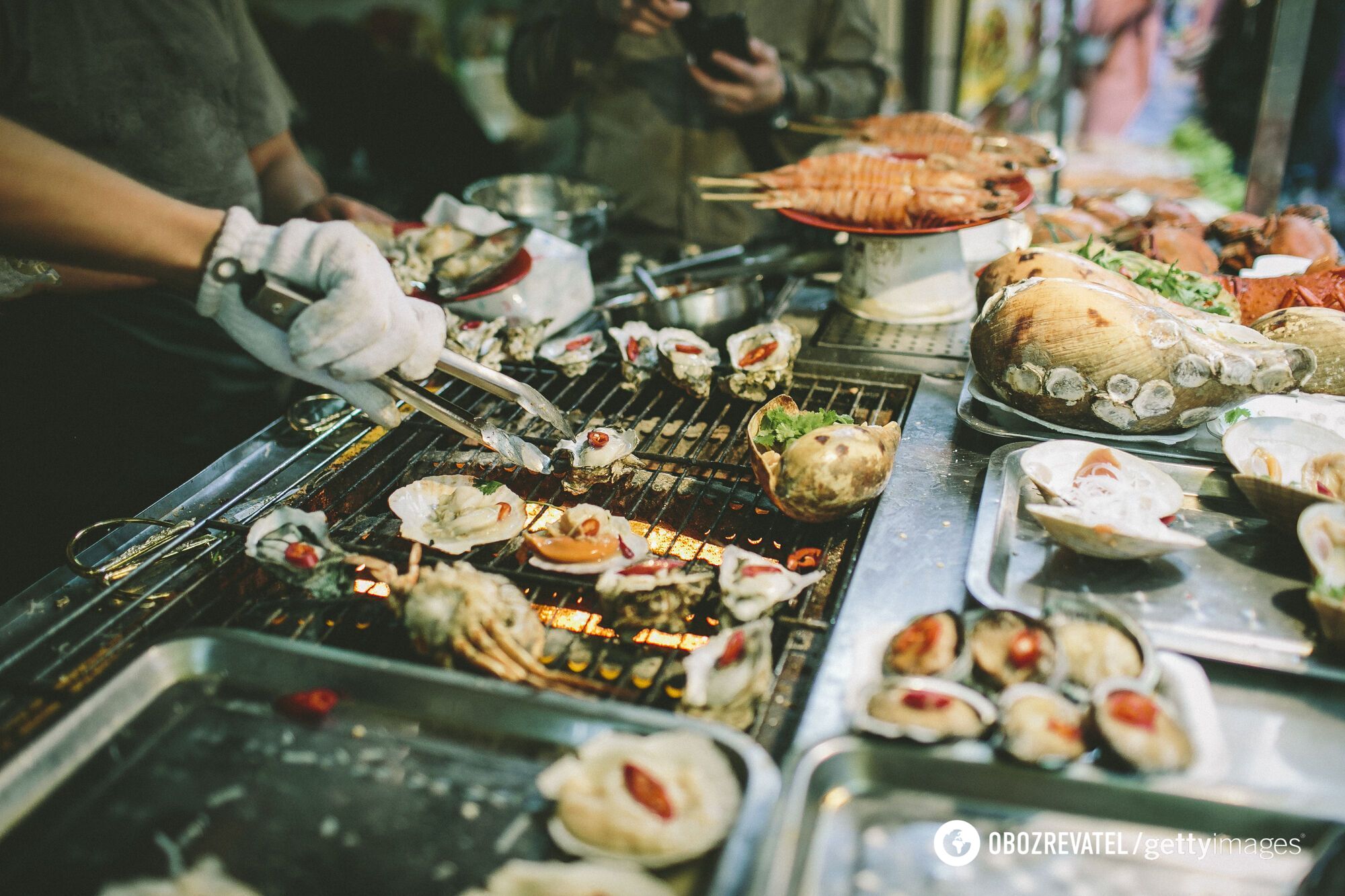Life
Forget those drinks and food when traveling: mistakes that could cost your health
When planning a trip abroad, you probably imagine that your vacation will be perfect. It's disappointing if these visions are ruined by some unplanned troubles, such as diarrhea, nausea and vomiting, or stomach cramps. However, digestive problems while traveling are much more common than we'd like to believe.
The Centers for Disease Control and Prevention estimates that travel diarrhea affects between 30% and 70% of travelers, depending on where and when they go. A number of factors influence this. For example, the stomach may not accept unfamiliar food or unfamiliar food processing. This can also include changing time zones and climatic conditions that weaken the immune system, as well as lack of sanitation or contaminated drinking water. Digestive problems, although not always, can often be prevented by following simple rules. The Huffpost has listed the foods and drinks that are best to avoid when you go on vacation to another country.
Raw fish and meat
According to registered dietitian Vanessa Rissetto, raw meat and seafood is a "big minus." Tourists can't tell where they came from, how long they've been stored and how they've been handled. Blood steaks, tartare, sushi, seviche or raw seafood, as well as improperly cooked meat and fish, can increase the risk of contracting bacteria, parasites or viruses.
Fresh fruits and vegetables
According to Rissetto, fresh fruits and vegetables that have been on the table for a long time can attract germs, which in turn can cause illness. If possible, favor cooked foods, as they have been heat-treated and the temperature is high enough to kill pathogens. If you are still going to eat fresh fruits and vegetables, they are safest when they are washed with drinking water and peeled. Also, choose fruits and vegetables with thick peels - such as bananas, oranges, or avocados - whose peels are not meant to be eaten.
Dairy Products
Pasteurized milk and dairy products from sealed containers are generally safe to eat. However, unpasteurized products, including cheese, yogurt, or ice cream, are more likely to contain dangerous microorganisms such as listeria, salmonella, or E. coli. Dairy products that have been stored at room temperature or left unattended, such as coffee creamer, should also be avoided.
Tap water
Contaminated water is one of the leading causes of travelers' diarrhea. Because pathogens are not visible to the naked eye, it is difficult to determine if the water is safe to drink. If you are unsure if water is safe, drink bottled water with a factory sealed lid and remove ice from drinks. You can also boil water for at least a minute. Be careful not to swallow water in the shower and use bottled water to brush your teeth.
Some types of street food
Trying food from street vendors is an interesting way to experience the local cuisine, but some of them may not follow the same safety rules (such as hand washing and checking the temperature of food) as restaurants. It's always best to avoid foods and drinks that appear to have been on the table for a long time. Food that is hot and cooked straight from the grill is likely safer.
What to do if you get sick while traveling?
If, despite your best efforts, you do encounter diarrhea or other digestive problems while traveling, there are also a number of tips to help make the treatment process easier.
Remember to stay hyd ratedand seek medical attention. Diarrhea and vomiting can cause dehydration, so drink plenty of bottled water or other safe liquids. Take over-the-counter medicine. Anti-diarrheal medications such as loperamide (Imodium) or anti-nausea medications such as dimenhydrinate (Dramamine) can help relieve symptoms. However, consult a medical professional first, especially if you are taking other medications, or better yet, see your doctor.
If your symptoms don't go away, they are severe, or you have a high fever, bloody stools and dehydration, seek medical attention. Of course, no one wants to get sick while traveling. But remember that digestive problems can catch up with you anywhere.
Earlier OBOZREVATEL told about eight mistakes of tourists while traveling by plane. They were revealed by experienced flight attendants who often encounter such behavior of passengers on board.
Only verified information from us in Telegram-channel Obozrevatel, Threads and Viber. Do not fall for fakes!






























